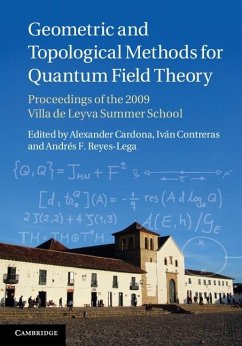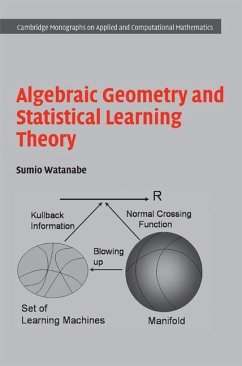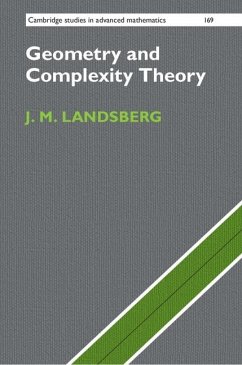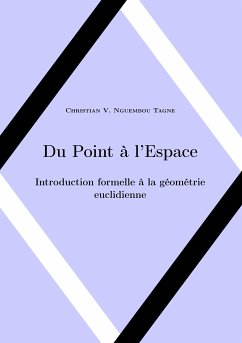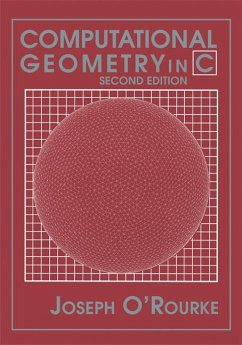
Topics in Critical Point Theory (eBook, ePUB)
Versandkostenfrei!
Sofort per Download lieferbar
37,95 €
inkl. MwSt.
Weitere Ausgaben:

PAYBACK Punkte
19 °P sammeln!
This book introduces the reader to powerful methods of critical point theory and details successful contemporary approaches to many problems, some of which had proved resistant to attack by older methods. Topics covered include Morse theory, critical groups, the minimax principle, various notions of linking, jumping nonlinearities and the Fucik spectrum in an abstract setting, sandwich pairs and the cohomological index. Applications to semilinear elliptic boundary value problems, p-Laplacian problems and anisotropic systems are given. Written for graduate students and research scientists, the ...
This book introduces the reader to powerful methods of critical point theory and details successful contemporary approaches to many problems, some of which had proved resistant to attack by older methods. Topics covered include Morse theory, critical groups, the minimax principle, various notions of linking, jumping nonlinearities and the Fucik spectrum in an abstract setting, sandwich pairs and the cohomological index. Applications to semilinear elliptic boundary value problems, p-Laplacian problems and anisotropic systems are given. Written for graduate students and research scientists, the book includes numerous examples and presents more recent developments in the subject to bring the reader up to date with the latest research.
Dieser Download kann aus rechtlichen Gründen nur mit Rechnungsadresse in A, B, BG, CY, CZ, D, DK, EW, E, FIN, F, GR, HR, H, IRL, I, LT, L, LR, M, NL, PL, P, R, S, SLO, SK ausgeliefert werden.





